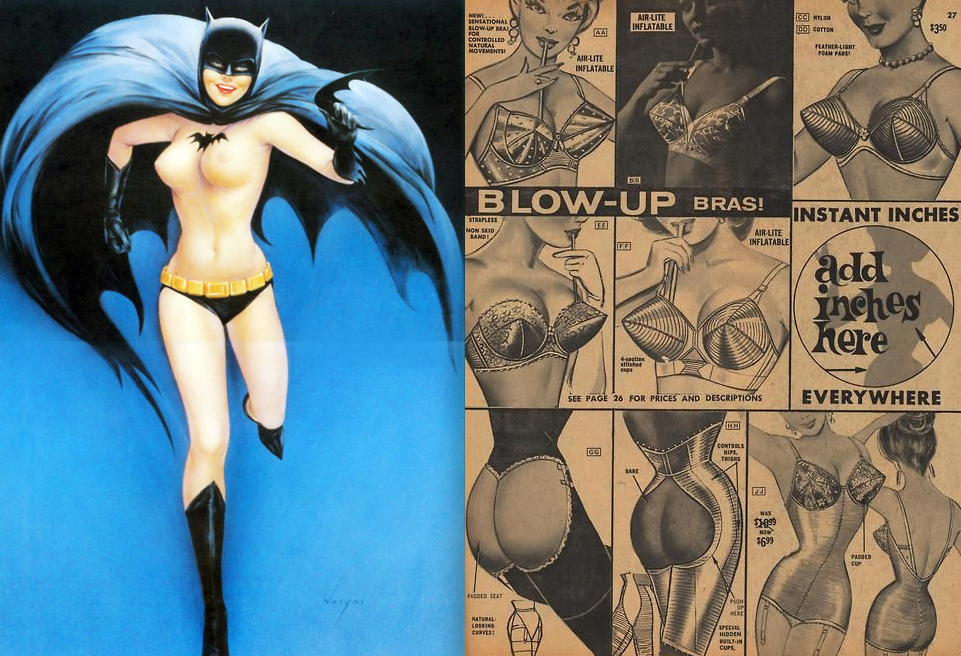When Earl came silently around the corner of the cottage, we
were sitting in the late September sun on the lee side of the porch, out of the
wind, our backs against the warm, desiccated cedar shakes and a view of
white-capped, rolling waves before us stretching all the way to Spain. “ Looks
like wind clouds a'comin'”, Earl said, catching us by surprise, following our
gaze out past Seguin. A man of very few
words, unhampered by context or elaboration, nearly everything Earl said seemed
profound and pithy, though most people probably never heard him say anything at
all. “Ayuh,” he continued, “she'll blow up good by tonight.” These two
sentences concerning the forecast may have taken a good minute and a half to
deliver and, because of this protracted style, I never really knew if he'd said
his piece or if there might be more to come. We looked up at him expectantly as
he stood there, back-lit by the fierce, low Autumn sun, sporting his customary
ensemble of rolled watch-cap, plaid Woolrich shirt and suspenders tugging up
the soiled Dickies tucked into his tall, rubber boots. His prognosis on the
weather apparently complete, Earl stood mute, bristled, pink face turned toward
the sea, one massive, swollen and spotted hand tucked into his galluse, the
other at his side, covered, oddly, by a long, winter-wool sock. “Did you hurt
your hand, there, Earl?” I asked, committing to the challenge of making
conversation. “Or have you got a gun in there?”
This half in jest, but anything was possible. With a slow grin he peeled
back the sock, revealing an improbably long revolver. “ Bad blood from
Winnegance...” he offered cryptically, by way of explanation.
Earl was born and
raised, together with his brothers Phil and Don, in a tiny shoe-box of a house
out here on the end of the Point, sometime around the first decade of the last
century. For the most part, the family fished from open boats and dories moored
in the cove behind the house, so there was little call for Earl to “get out
much” and it showed in his charming, nearly paralytic shyness and an almost
agonizing loss for words, traits no doubt exacerbated by not having occasion to
speak for six months out of the year. Battered by wind, sea and solitude, Earl
had always appeared old to me, living alone in the house long after his
brothers had moved away and started families. Reticent as he was, I never heard
a single word pass from the lips of his brother Phil, yet Don, the baby of the
family, who passed away a few years ago at ninety, was a veritable chatter-box,
always ready to sit for a spell and tell one apocryphal yarn after another.
Because he was there – had always been there – as the last living soul
on the way out to our place, Earl was the keeper of the keys and generally had
an eye out for such things as “bad blood from Winnegance” in the off-season.
In
college, in the 70's, we'd load a car up with beer and spaghetti and show up
unannounced on a late November evening at Earl's house. Earl had a phone; The
Ladies had insisted on providing one, although I'm sure he never used it and I
wouldn't have dreamed of calling him, given the conversational challenges
inherent in that. I mean, how would you ever know when to hang up? So I'd stop
at his place and let the engine rev a few times in order to let him pull
himself together in the face of unexpected visitors. He'd probably heard the
car a mile away when we'd turned in off the main road, but I always waited till
the outside light went on before heading up the steps to his porch, rolling my
eyes smugly at my friends to indicate the oddness of the interchange they were
about to witness. In those years, as a callow kid, I couldn't begin to think of
anything to say to Earl by way of small talk – wasn't much interested, actually
- and he doubtless felt the same way about me. I'd leave the car running, maybe
feign a shiver or two in the headlight glare in a futile effort to hurry things
along. He'd invariably come to the door without the old ring of keys, crack the
storm a few inches and invite me in.
If demurring seemed impossible - despite my friends in the
car, the engine running - I'd venture in to the snug, overheated parlor off the
tiny kitchen and stand by the pot-bellied stove awaiting the keys. Earl didn't
have running water in those days, so there may not have been a proper bathroom.
In fact, other than the kitchen and that parlor, I don't remember seeing any
other rooms at all. There must have been a bedroom, but even if there was, it's
hard to imagine how Irving and Julia and their three boys managed. As it was,
the couch and chairs in the parlor were stacked with the accoutrements of the
mild bachelor-hoarder: stacks of old newspapers, shotguns and boxes of shells,
coffee cans, axes and hatchets, empty glass carboys, the short-wave, buoys,
nets, bits and pieces of deer. Where there might have been a faucet, a massive,
ancient hand-pump loomed above the kitchen sink, presumably tapped directly
into an original surface well beneath the house itself. Empty cans of Dinty
Moore, partial sleeves of Ritz Crackers and crumbs of strong Cheddar with
cotton cheese-cloth still intact lay about the counter top.
Earl would begin, then, with something like, “Your
Mother.........came by.....last month.....”, which might have taken a few
minutes to deliver - such were the lengths of his pauses - while reaching
behind the twelve-gauge for the ring of keys and slowly extending them towards
me. I'd nod and smile and back towards the door, unsure if that was it or if
there might be more to come. “Brought me..... some jam.....she did.....”; I'd
have my hand on the old, pitted brass knob, one foot out the door. I'd stand
there for another ten seconds and finally bolt before the next installment,
sucking in lungfuls of crisp, fresh air and leaping the porch for the car,
leaving Earl in the doorway to finish his thought.
One day, some years later, my brother and I were fishing for
stripers from a rowboat near Earl's Cove. Earl and Phil had been out pulling
traps nearby and waved when they saw us, indicating we ought to come alongside.
As we approached, the two men, smiling broadly, began tossing lobsters in to
our boat, maybe ten or a dozen, altogether. “Woah! Hey, you guys! What the...?”
we shouted across the water. Earl and Phil, looking a bit like Dopey and Sneezey
Dwarf, simply motored off without a word. Maybe they did this because we always
brought Earl the fish heads from our catch; he'd save the cheeks for himself
and throw the rest in a huge barrel to ferment for bait. Maybe it was because
Earl loved and was devoted to our mother, but we never learned the reason for
this sudden generosity. We couldn't have deserved it; that's certainly safe to
say.
The last time I saw Earl he was standing on his porch in his
Sunday suit and rubber boots. Some say it was those boots that did him in;
that, in never, ever taking them off except to replace them with a new pair
every few years, Earl had done some grievous, circulatory damage to his legs.
By this time I'd grown up a bit and stopped to say hello and ask about his town
clothes. Earl was waiting for Don to show up and take him to the hospital, he
told me. One of his legs had gone funny and he guessed they wanted to do some
tests on it, he said. Trouble was, he said, that once they get you into those
places, you never come out. Or so he'd heard. He'd never actually been in a
hospital before. And he was right.
Earl's long gone now, even the house that had been there all those years is gone; the tiny house past which square-riggers and barks and schooners had cluttered the horizon when he was a boy and upon whose modest patch of flinty lawn he'd once played with sea otter pups under the watchful gaze of their mother. Wouldn't it be worth all the bass-cheeks in the sea to sit by that stove today and listen, however patiently, to Uncle Earl finish a sentence!
Earl's long gone now, even the house that had been there all those years is gone; the tiny house past which square-riggers and barks and schooners had cluttered the horizon when he was a boy and upon whose modest patch of flinty lawn he'd once played with sea otter pups under the watchful gaze of their mother. Wouldn't it be worth all the bass-cheeks in the sea to sit by that stove today and listen, however patiently, to Uncle Earl finish a sentence!









































